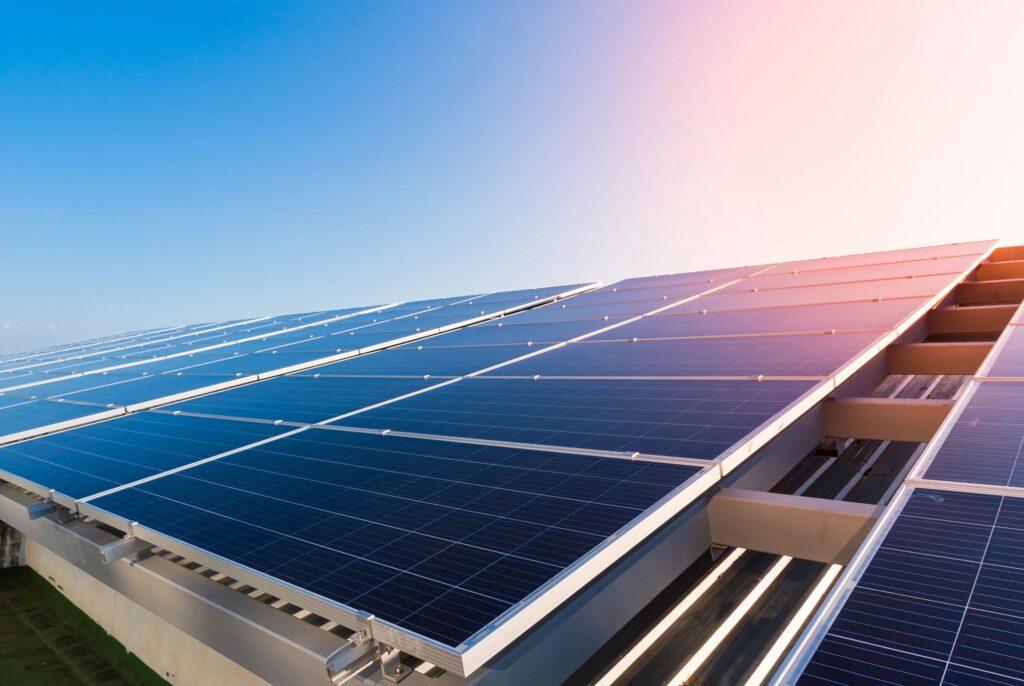Solar panels can be installed either on the ground (ground-mounted) or on rooftops (roof-mounted), and each installation type has its own advantages and disadvantages. Here are the key differences between the two:
1. Space Availability:
- Ground-Mounted: Ground-mounted solar panels require open land or a dedicated area where they can be installed. They are ideal for properties with ample space, such as large yards or unused fields.
- Roof-Mounted: Roof-mounted solar panels are suitable for properties with limited ground space but available roof space. They utilize existing structures, making them a good option for urban and suburban areas.
2. Installation Complexity:
- Ground-Mounted: Installing ground-mounted solar panels typically involves more labor and materials, including support structures like racks or frames to hold the panels securely. It may also require excavation work for foundations.
- Roof-Mounted: Roof-mounted panels are installed directly on the building’s roof, which can be less complex and require fewer additional components. However, the roof’s condition and structural integrity must be assessed to ensure it can support the panels.
3. Aesthetic Considerations:
- Ground-Mounted: Ground-mounted solar arrays are more visible and can affect the aesthetics of your property. Some people find them less appealing, while others use landscaping to integrate them into the environment.
- Roof-Mounted: Roof-mounted panels are less conspicuous and do not alter the visual appearance of your property significantly. They are often preferred for residential applications to maintain the curb appeal of the home.
4. Sunlight Exposure:
- Ground-Mounted: Ground-mounted solar panels can be positioned at an optimal tilt and orientation for maximum sunlight exposure. This flexibility can result in higher energy production.
- Roof-Mounted: The orientation and angle of the roof may limit the ability to optimize panel positioning. Roof-mounted panels may receive slightly less sunlight compared to ground-mounted systems.
5. Cost:
- Ground-Mounted: Ground-mounted solar systems typically have a higher upfront installation cost due to the need for support structures and additional labor. However, they may yield higher energy production and potentially better returns over time.
- Roof-Mounted: Roof-mounted systems can be more cost-effective in terms of installation since they utilize existing structures. However, the condition of the roof and any necessary modifications may add to the cost.
6. Maintenance and Accessibility:
- Ground-Mounted: Ground-mounted panels are typically easier to access for cleaning and maintenance. They are at ground level, making it simpler to inspect and service the system.
- Roof-Mounted: Roof-mounted panels may require more effort and safety precautions for maintenance. Climbing onto the roof can be more challenging and may necessitate professional services.
Ultimately, the choice between ground-mounted and roof-mounted solar panels depends on your specific property, energy needs, budget, and aesthetic preferences. Both options can provide clean energy and reduce electricity costs, but the decision should be based on your individual circumstances and goals.


